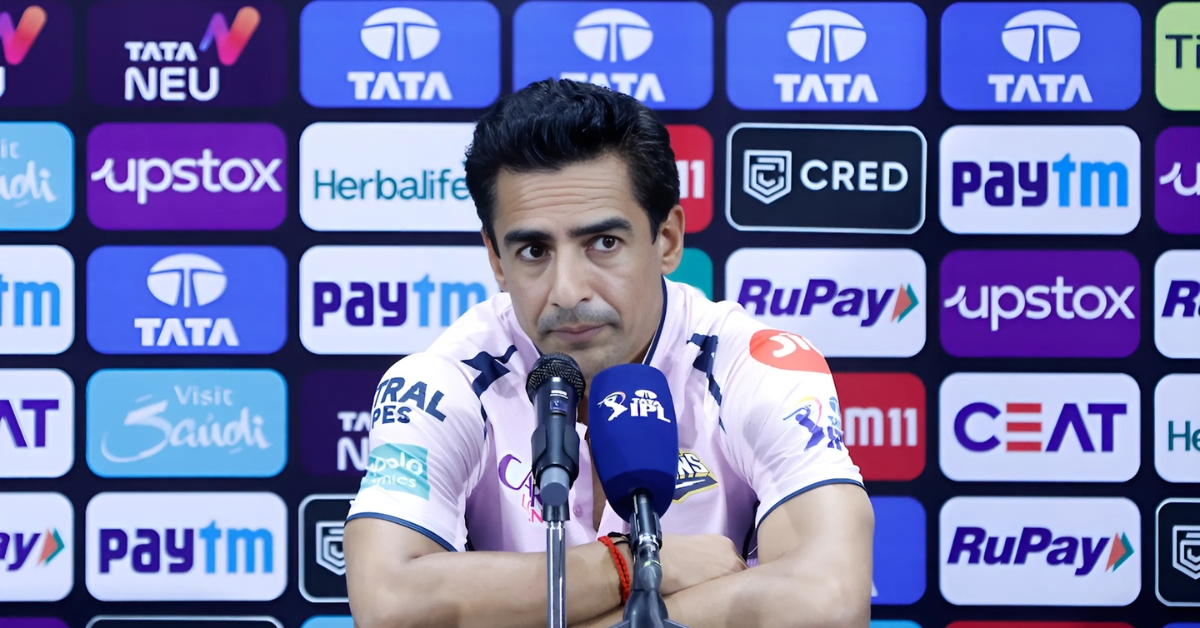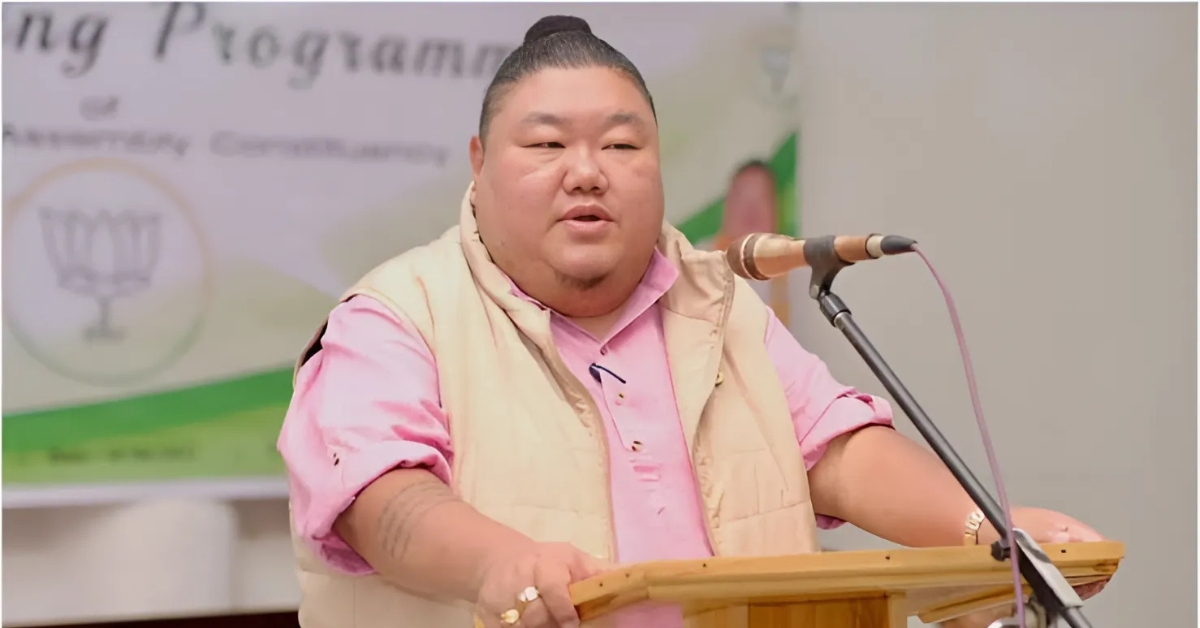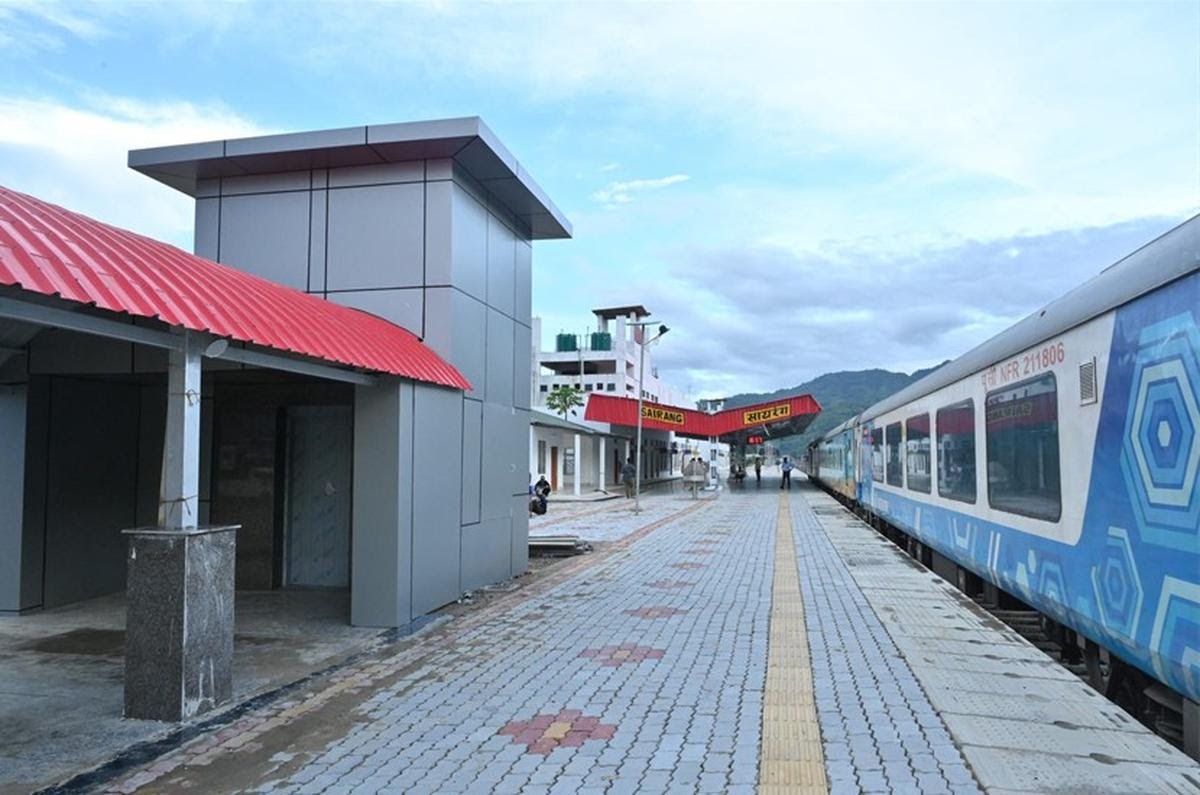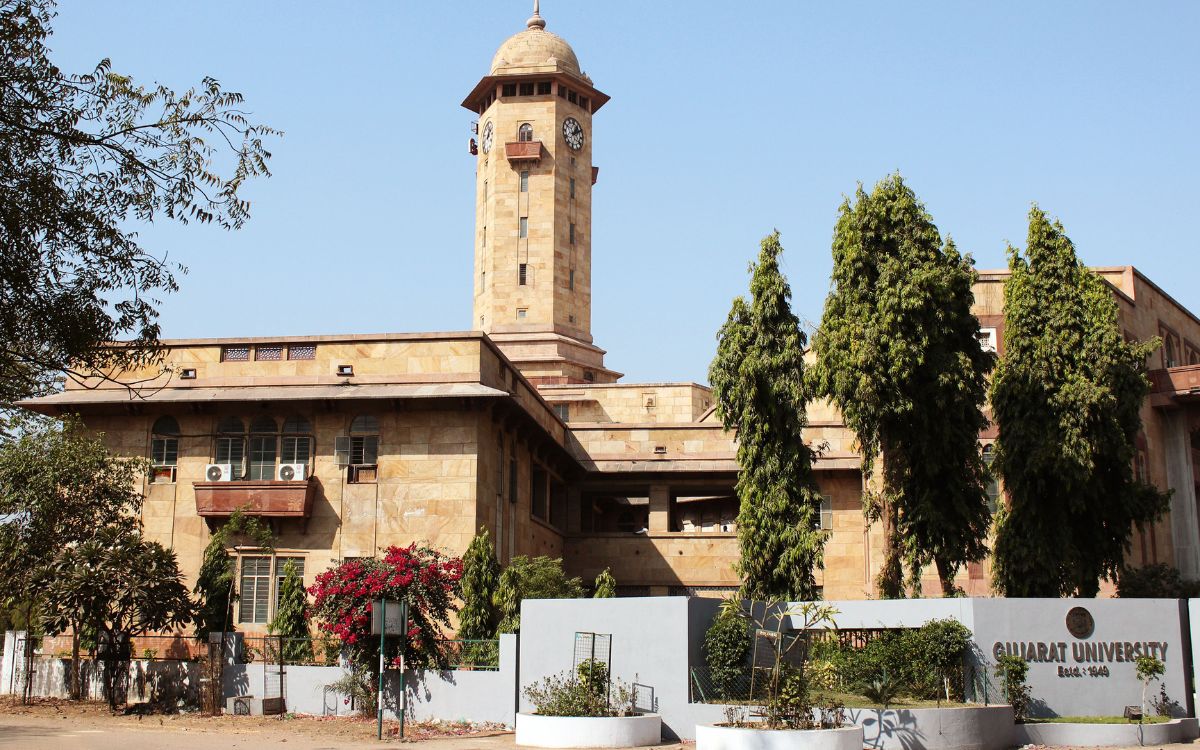Justice has finally reached the family of a security guard who lost his life after a brutal workplace attack more than a decade ago. The Karnataka High Court has overturned an earlier ruling and granted significantly higher compensation, recognising the chain of responsibility among multiple employers involved in the metro construction project.
On January 20, 2012, 45-year-old Chinnaswami was on night duty at the Metro construction site near the KSRTC bus stand in Majestic, Bengaluru. While patrolling, he encountered three armed men attempting to steal materials from the site. Though vastly outnumbered, he confronted the thieves, who responded with deadly force, attacking him with weapons and fleeing.
The assault left Chinnaswami with serious head and spinal cord injuries that caused quadriparesis, a condition paralysing all four limbs. Despite treatment at Victoria Hospital and NIMHANS, his health never recovered. For four years, he remained bedridden before his death on October 31, 2016.
The tragedy devastated his family. Having joined Canon Detective and Security Services just two months before the incident, his monthly income of Rs 7,500 had supported his wife and four children. With their provider gone, the family fell into severe financial hardship.
Seeking relief, the family turned to the Employees Compensation Tribunal under the Employees Compensation Act. In 2019, the tribunal awarded a mere Rs 11,576 with 12% annual interest, holding only Canon Detective and Security Services accountable.
Unwilling to accept such a minimal sum, Chinnaswami’s widow and children pursued an appeal. They argued that responsibility extended beyond the security agency, pointing out that Bangalore Metro Rail Corporation Limited (BMRCL) had entrusted construction to GYT Coastal JV, which in turn hired Canon for security needs. Given that Chinnaswami was fatally injured while working at this site, they insisted all three entities shared liability.
BMRCL countered the claim, asserting it was not the principal employer and that liability lay squarely with the security agency. Coastal also distanced itself, contending that construction and security were separate responsibilities managed through contractual outsourcing.
On July 25, 2025, Justice C. M. Poonacha of the Karnataka High Court issued a transformative judgment. Recognising the direct link between Chinnaswami’s death and his employment duties, the court awarded Rs 5.88 lakh plus 12% annual interest—a vast improvement over the tribunal’s order.
The court ruled that BMRCL, GYT Coastal JV, and Canon Detective and Security Services were jointly and severally liable to pay compensation. Since no agreements clarifying liability among the entities were produced, the court concluded they all shared responsibility under the Employees Compensation Act.
To ensure fairness within the contractual chain, the court outlined a recovery mechanism: if BMRCL pays first, it may reclaim costs from Coastal, and Coastal may then recover from Canon. This balance guarantees that the family receives full compensation, regardless of any dispute among the employers.
The judgment also corrected the tribunal’s earlier missteps, noting that no evidence showed the family had actually received Employee State Insurance (ESI) benefits as claimed. Applying Sections 4 and 4A of the Employees Compensation Act, the High Court recalculated compensation properly, based on the victim’s wages and fatal injuries sustained in the attack.
After 13 years of court proceedings, this ruling delivers long-awaited financial relief to Chinnaswami’s family and affirms the principle that employers in a contractual chain cannot evade responsibility when workers lose their lives in the line of duty.




